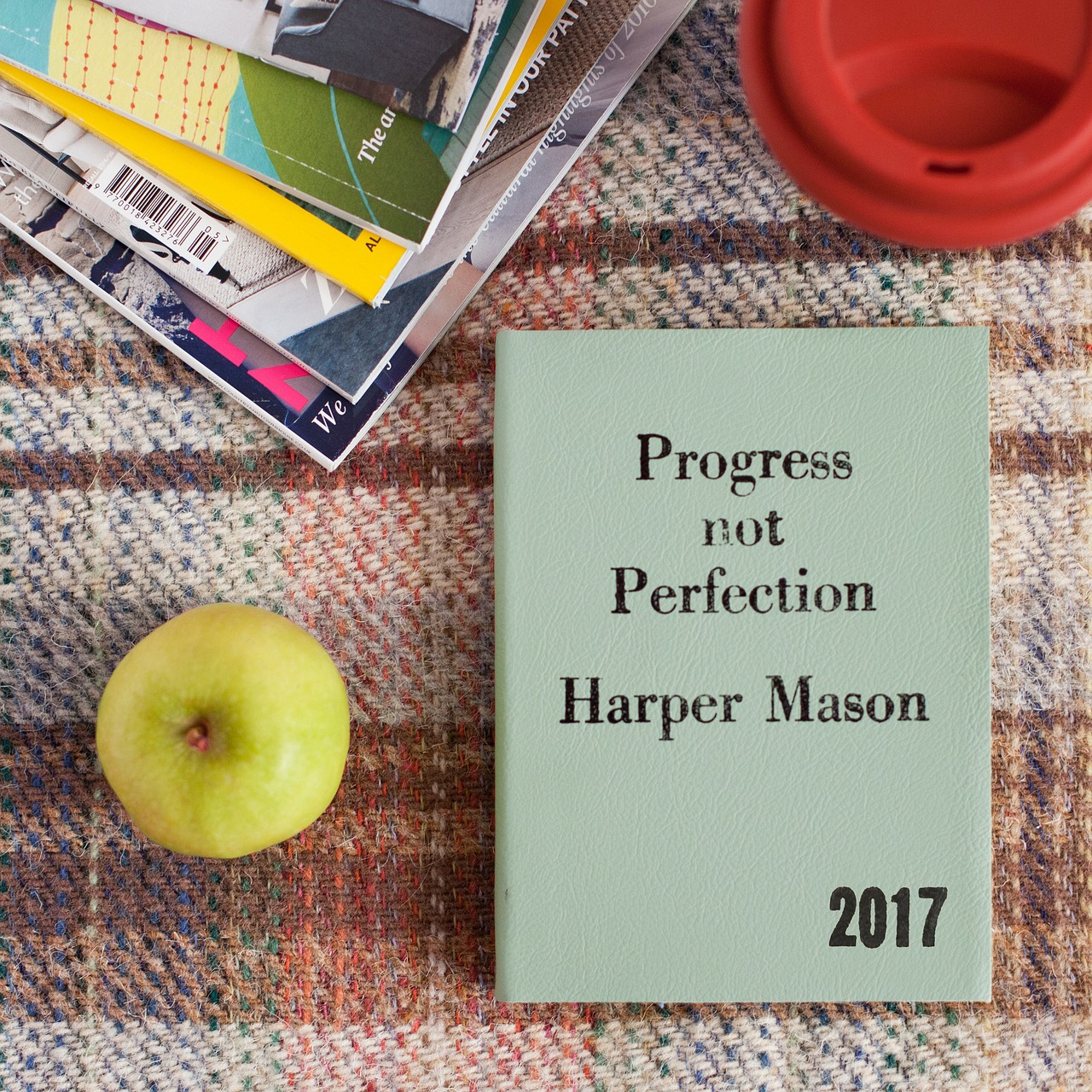Journaling can be a valuable practice for reflection, self-discovery, and personal growth. Here are some steps to get you started:
- Choose Your Medium
- Physical Journal: Notebook, diary, or journal with blank pages.
- Digital Journal: Apps like Evernote, Day One, or even a simple Word document.
2. Set a Routine
- Consistency: Choose a time of day that works best for you, whether in the morning, during lunch, or before bed.
- Frequency: Aim for daily journaling, but even a few times a week can be beneficial.
3. Create a Comfortable Space
- Find a quiet place where you can focus and write without interruptions.
4. Start Writing
- Free Writing: Write anything that comes to mind without worrying about grammar, structure, or spelling. This can help clear your mind and spark creativity.
- Prompts: Use prompts to guide your writing. Some examples include:
- What are you grateful for today?
- What are your goals for the next week/month/year?
- Describe a recent challenge and how you overcame it.
5. Reflect and Review
- Periodically read through your past entries to reflect on your growth, track progress, and identify patterns.
6. Be Honest
- Write truthfully about your thoughts and feelings. Journaling is a private space for self-expression.
7. Incorporate Different Styles
- Lists: Write lists of things you want to achieve, places you want to visit, books you want to read, etc.
- Letters: Write letters to your future self, past self, or even to people in your life (you don’t have to send them).
- Sketches: Incorporate drawings, doodles, or sketches if you’re inclined.
8. Use Technology (Optional)
- Use journaling apps that offer features like prompts and the ability to adjunt photos and videos.
9. Make It Personal
- Customize your journal with stickers, colors, or personal touches that make it feel like your own.
10. Be Patient
- Don’t judge your entries or expect immediate insights. Journaling is a process, and its benefits often become apparent over time.
Additional Tips
- Gratitude Journaling: Write down things you’re grateful for each day to cultivate a positive mindset.
- Bullet Journaling: Combine journaling with planning and organizing to keep up to date with assignments, events, and objectives.
Starting a journaling practice can be simple and tailored to fit your lifestyle and preferences. The most important part is to start and keep writing regularly.
